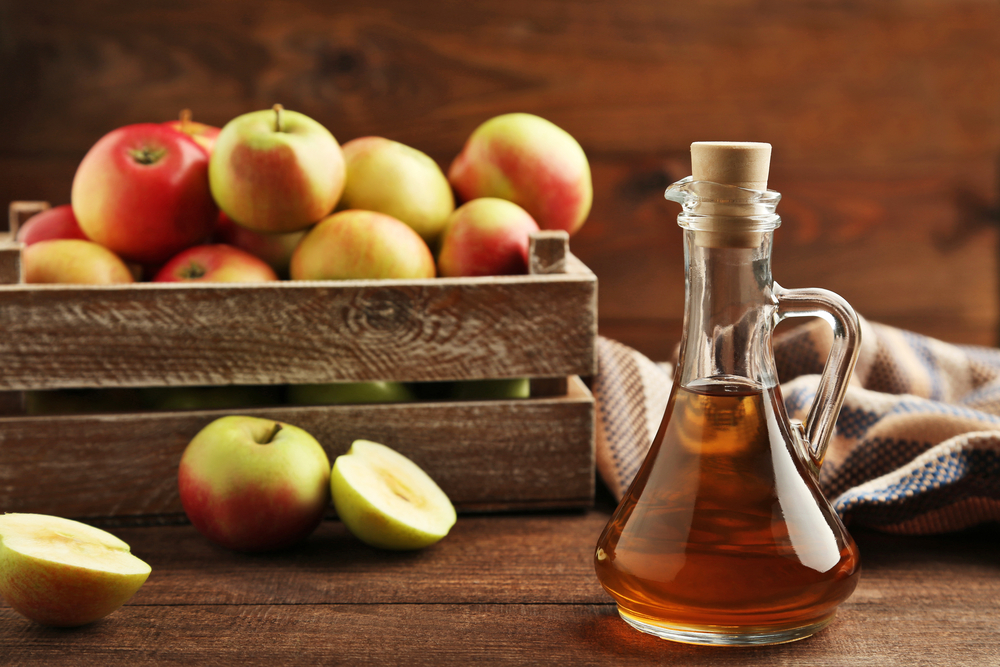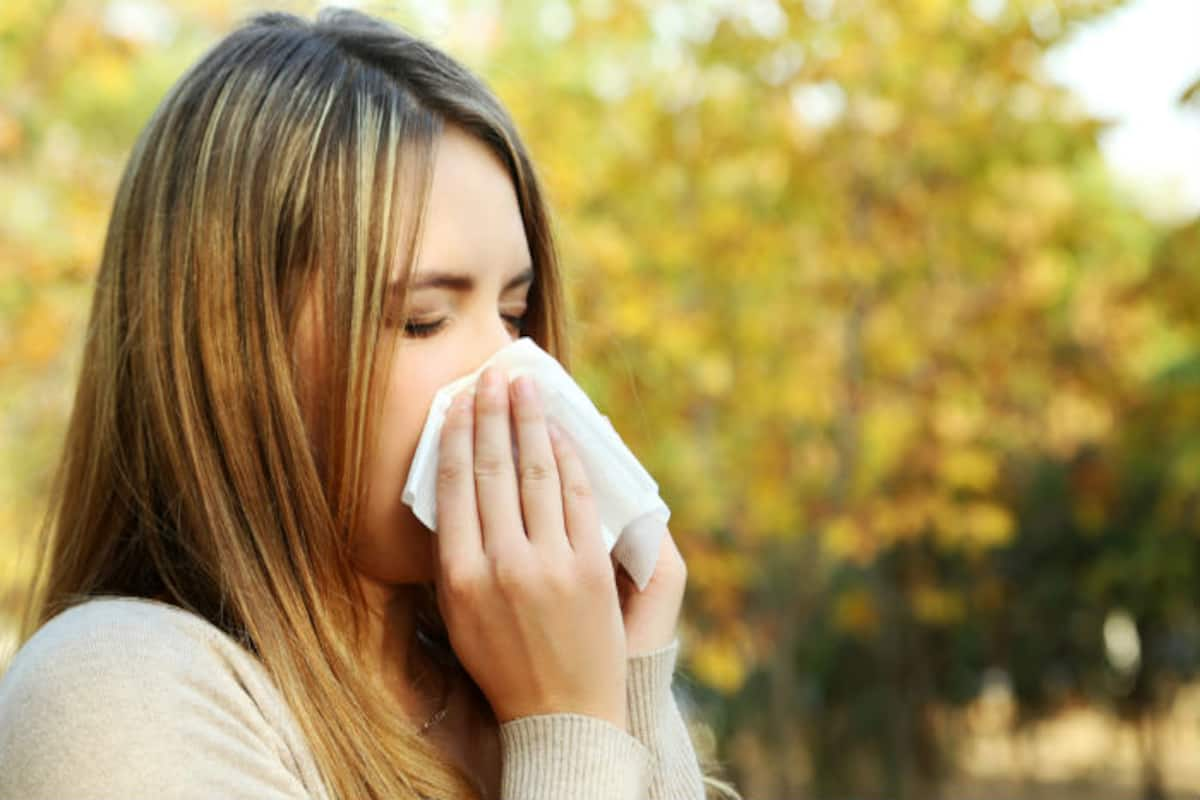Allergies are common yet complex conditions that affect a vast number of individuals worldwide. They occur when the body’s immune system responds to harmless substances as if they were threats, leading to a variety of symptoms that can range from mild to severe. These substances, known as allergens, can be found in our everyday environment, including dust mites, pet dander, certain foods, or pollen. The impact of allergies on an individual’s quality of life can be significant, causing discomfort, inconvenience, and even life-threatening reactions. In this article, we’ll explore home remedies to treat allergies, offering natural strategies for symptom relief and enhanced well-being.
Role of Home Remedies to treat Allergies
Allergies symptoms can be diverse and sometimes severe, home remedies play an integral role in managing and treating discomfort. Not only do they provide a natural, non-invasive approach to allergy relief, but they can also complement traditional treatments. These remedies to treat allergies utilize everyday household items and practices, from herbal infusions and dietary modifications to environmental changes. They offer an accessible and cost-effective solution to help control allergy symptoms, reducing reliance on over-the-counter drugs. We have a list of 9 home remedies for allergies in this article, remember each individual’s response to these remedies can vary based on the type and severity of their allergies.
1. Honey

Honey, particularly raw, local honey, is an admired home remedy for allergies. It’s believed to work similarly to a natural vaccine by exposing your body to trace amounts of local pollen, which can potentially lessen the intensity of your allergic reactions over time. However, it’s important to note that scientific evidence is limited and individual responses can vary greatly.
To implement this remedy, consider consuming a spoonful of raw, local honey daily, starting a few months before allergy season. As a word of caution, raw honey should not be given to children under one year of age due to the risk of botulism.
2. Peppermint Tea

Peppermint tea is another popular home remedy for relief allergy symptoms. Its active ingredient, menthol, acts as a decongestant and an expectorant, helping to clear mucus and soothe sore throats and coughs. Furthermore, peppermint is known to have anti-inflammatory, antioxidant, and antibacterial properties that can aid in healing.
To prepare, simply steep peppermint leaves in hot water for 5-10 minutes, strain, and enjoy. Although peppermint tea is generally considered safe, it’s important to remember that allergies are highly individual. What works for one person might not work for another, and it’s always best to consult with a healthcare professional if symptoms persist.
3. Apple Cider Vinegar

Apple cider vinegar is a renowned home remedy, including in the fight against allergies. Its immune-boosting properties and ability to promote alkalinity in the body make it an excellent tool for combating inflammation triggered by allergic reactions. Plus, it’s known for its ability to break down mucus and support lymphatic drainage.
For optimal benefits, mix 1-2 tablespoons of organic, unfiltered apple cider vinegar with a glass of water and consume once or twice daily. However, it’s important to dilute it properly to avoid damaging the tooth enamel or causing stomach upset. As always, if your allergy symptoms persist or worsen, seek medical advice.
4. Quercetin-rich Foods

Quercetin-rich foods make a valuable addition to your diet if you’re seeking to alleviate allergy symptoms. Quercetin is a naturally-occurring antioxidant flavonoid found in various fruits and vegetables. It’s known to exhibit anti-inflammatory and antihistamine properties, effectively reducing the release of histamines that cause allergy symptoms like runny nose, watery eyes, and hives. Foods rich in quercetin include apples, berries, broccoli, grapes, and onions. Including these in your meals can be beneficial.
However, the absorption of quercetin from foods may vary, and in some cases, quercetin supplements may be more effective. Always consult a healthcare provider before starting any new supplement regimen.
5. Probiotics

Probiotics are live bacteria and yeasts beneficial for your health, especially your digestive system. They play a crucial role in maintaining gut health, which is increasingly linked to overall immunity and allergic responses. Probiotics are found in foods like yogurt, kefir, sauerkraut, and kimchi, or as dietary supplements. They can enhance the immune system’s response to allergies, potentially reducing the severity and frequency of allergic reactions.
Some studies suggest that a balance of gut microbiota can help manage conditions like hay fever. However, the effectiveness can vary between individuals, so it’s always best to consult a healthcare provider when considering probiotics for allergy relief.
6. Vitamin C

Vitamin C is renowned for its immune-boosting properties, but it also plays a significant role in managing allergies. It’s a natural antihistamine, meaning it can reduce the production of histamines that cause allergic reactions such as sneezing, runny nose, or itchy eyes. Consuming foods rich in Vitamin C such as citrus fruits, bell peppers, strawberries, and leafy greens can help manage allergies. Vitamin C can also promote quick recovery from allergic reactions by enhancing your immune response.
Additionally, it reduces inflammation, which often accompanies allergies. Always remember that while Vitamin C can aid in relief, it’s not a substitute for prescribed allergy medication.
7. Green Tea

Green Tea, a potent antioxidant-rich beverage, is also a powerful ally in managing allergies. It contains a compound called Epigallocatechin Gallate (EGCG), known for its anti-inflammatory properties that can help alleviate allergy symptoms. EGCG inhibits the production of histamines, the chemicals your body produces during an allergic reaction. Drinking a few cups of green tea daily can provide relief from symptoms like sneezing, congestion, and itchy eyes.
Additionally, green tea enhances overall immunity, enabling the body to fight off allergens more effectively. Remember, while it’s a great natural remedy, it should not replace medical advice or treatment if your allergies are severe.
8. Neti Pots

Neti Pots, traditional nasal irrigation tools from Ayurvedic medicine, can be effective home remedies for allergies. They’re used to rinse allergens and irritants from the nasal passages, providing immediate relief from symptoms like congestion, runny nose, and sneezing. The process involves filling the Neti Pot with a saline solution, tilting your head over a sink, and pouring the solution into one nostril, allowing it to flow out the other. This rinse not only flushes out allergens but also soothes inflamed nasal tissues.
However, it’s essential to use sterilized or distilled water to prevent infections. Consult a healthcare provider before starting this practice.
9. Essential Oils

Essential oils, with their natural anti-inflammatory and anti-histaminic properties, are an excellent home remedy for allergies. Peppermint, lavender, and tea tree oils are popular choices. They can be diffused in the air for inhalation, relieving congestion, and promoting clear breathing. A few drops in a bath can also provide soothing relief. Tea tree oil can be used topically to alleviate skin allergies but always dilute it before application.
Moreover, essential oils should be used with caution as they can cause reactions in some individuals. Always do a patch test first and seek professional advice if pregnant or have chronic health conditions.
Precautions and Considerations When Using Home Remedies
While home remedies can provide substantial relief for allergies, it’s crucial to approach them with some caution. Here are a few important considerations to keep in mind:
- Consult a Professional: It’s essential to consult with a healthcare provider before starting any home remedy, especially if you’re already on medication for allergies. Some natural remedies can interfere with the effectiveness of prescription medications.
- Know Your Allergens: It’s critical to understand what triggers your allergic reactions. For instance, if you’re allergic to pollen, ingesting honey may not be beneficial, as it could contain traces of pollen.
- Purity of Ingredients: Ensure you are using high-quality, pure ingredients. When using essential oils or herbs, look for organic, non-GMO products. Impurities can worsen allergies or cause new ones.
- Possible Side Effects: Every individual is unique, and what works for one might not work for another. Some people may experience adverse effects like stomach upset, headaches, or skin reactions from certain home remedies. Discontinue use if you notice any negative reactions.
- Patience is Key: Home remedies often work gradually over time, so don’t expect immediate results. Consistent use is typically necessary to see improvements.
- Hydration and Diet: Drink plenty of water to stay hydrated, and maintain a balanced diet. Certain foods can exacerbate allergies, while others can help reduce symptoms. Research and possibly consider an elimination diet to identify any food triggers.
Always remember, home remedies are meant to supplement, not replace, traditional treatments. They can certainly help manage symptoms but don’t necessarily cure allergies. It’s crucial to continue regular check-ups with your healthcare provider to monitor your condition.Precautions and Considerations When Using Home Remedies
Conclusion
Natural remedies can play a significant role in managing allergies, providing relief from symptoms and enhancing overall well-being. While each person’s experience with allergies is unique, remedies to treat allergies like honey, peppermint tea, apple cider vinegar, and others have shown beneficial effects for many. It’s important, however, to approach these treatments with caution, consulting with a healthcare provider before starting any new regimen, and recognizing that natural remedies are a supplement to, not a replacement for, traditional medical care. Ultimately, finding what works best for you is a journey, but embracing these home remedies can potentially offer a healthier, more natural path towards allergy relief.


